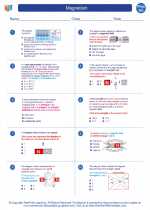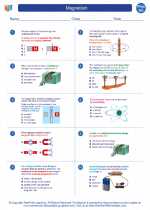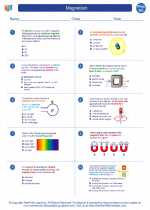Storytelling in Physics
In the context of physics, storytelling refers to the use of narratives, analogies, and real-life examples to explain complex scientific concepts. Effective storytelling can make physics more engaging, relatable, and easier to understand for high school students.
Why Storytelling is Important in Physics
Physics can be a challenging subject for many high school students due to its abstract nature and complex mathematical concepts. Storytelling can help bridge this gap by providing context and real-world applications for these concepts. It allows students to visualize and understand the principles of physics through familiar and relatable stories.
Elements of Effective Storytelling in Physics
1. Engaging Narratives: Using compelling narratives to introduce and explain physics concepts. For example, explaining the concept of motion using a story about a car traveling on a highway.
2. Analogies and Metaphors: Using relatable analogies and metaphors to simplify abstract concepts. For instance, comparing electrical circuits to water flow in pipes to explain the concept of resistance.
3. Real-life Examples: Incorporating real-life examples and applications of physics principles to make the subject more relevant and tangible for students. For example, discussing the physics of sports or everyday technologies.
Study Guide for Using Storytelling in Physics
As a high school physics student, here are some tips for using storytelling to enhance your understanding of physics:
1. Seek Out Engaging Resources: Look for physics textbooks, online videos, and educational websites that use storytelling and real-life examples to explain concepts.
2. Create Your Own Analogies: When encountering a challenging concept, try to come up with analogies or metaphors that relate it to something familiar in your life. This can help you grasp the idea more easily.
3. Explore Physics in the Real World: Pay attention to the physics principles at play in everyday situations, such as the motion of objects, the behavior of light, and the forces at work in nature. Try to connect these observations to your physics lessons.
4. Discuss with Peers: Engage in group discussions or study sessions where you can share and listen to stories and examples related to physics. This can deepen your understanding and provide new perspectives.
By incorporating storytelling into your physics learning, you can gain a deeper appreciation for the subject and develop a more intuitive understanding of its principles.
.


